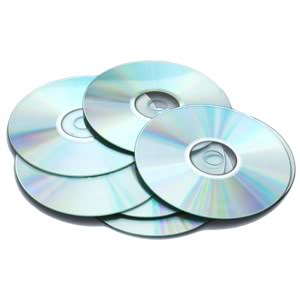
DDP? More like FREEDP!
Wednesday, January 11, 2012

Starting now assembly and delivery of DDPi is FREE at Telegraph Mastering.
DDP (Disk Description Protocol) is a standard that is used to encode a whole CD into an easily transmittable data format. A Disk Description Protocol image (DDPi) is essentially a software version of a complete CD, transitions and all, that can easily be zipped and supplied to replication plants for manufacturing. Everything inside a DDP is error-protected and contains helpful meta-data (data about data).
Despite acceptance of DDPi within the professional world some clients still insist on having a Red Book compliant master disc created and mailed to a pressing plant. A DDPi is musically identical to a master CD, and has several benefits over a burned disc.It saves me time, which saves you money
While final assembly (PQ coding, sequencing, spacing, fades) is necessary for both a DDPi and CD master, a CD requires several extra steps. Every CD contains read-errors that can be measured with Block Error Rate detection software. These errors can vary in severity, so every CD needs to be scanned in a special drive that measures the disc and ensures no serious errors are present. Then the disc needs to be auditioned in real time to be 100% certain that no anomalies from the burning process effect playback. As you can tell, it’s a time consuming process, which is reflected in the cost to make a CD master.
It is better for the environment
Leaving aside the petrochemicals needed to manufacture CDs, let’s consider the carbon impact of shipping a CD master. Disk Makers, which is the CD replication plant of choice for many of my clients, is in New Jersey. Sending a burned master from Portland to the Northeast adds 0.44 tons of CO2 into the atmosphere. Even when using a local facility, the plant just makes a DDP from the CD I provide them anyway, and then throw the CD away. Eliminating the CD master removes a step and minimizes waste.
It archives much more easily than a CD
DDPi are data, so they can be zipped and stored on a hard disk, server, or thumb drive indefinitely. No more worrying about losing a CD backup. If you need your album repressed in the future just break out the DDPi. Easy peasey.
CDs are here to stay (for at least a while longer). I don’t have anything against listening to CDs, burning CDs, or sending CD masters to replication plants that cannot accept a DDPi. However, there are plenty of reliable plants that can accommodate DDPi, and if you’re using one of them you won’t be charged for it at Telegraph.
Keep on making great music!
© 2024 Telegraph Mastering
